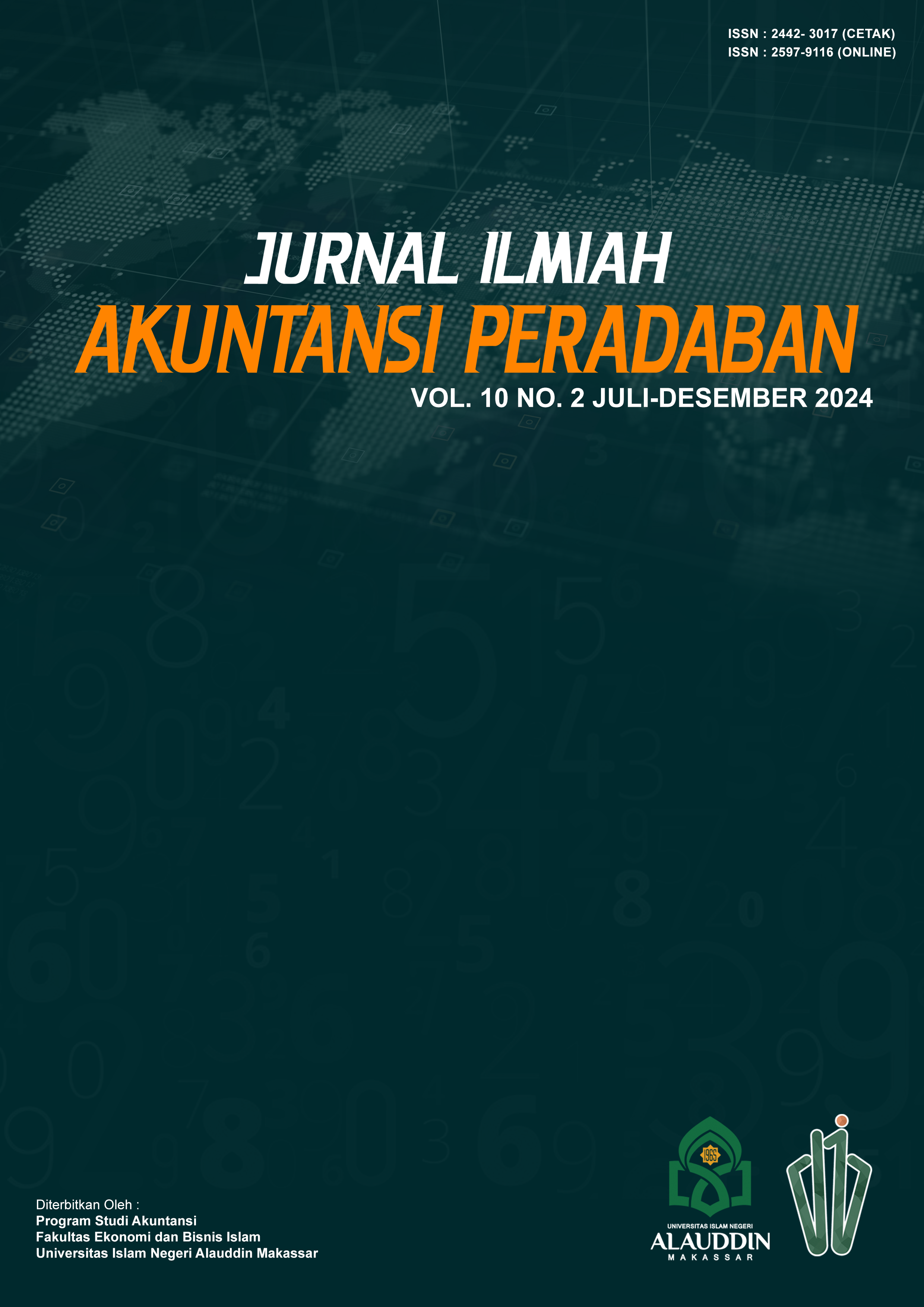The Role of Technology Readiness and Perceptions in AI Adoption Among Accounting Students
Abstract
This study examines the impact of Technology Readiness, Digital Competence, Perceived Usefulness, and Perceived Ease of Use on the adoption of AI technology by accounting students at the Faculty of Economics, Universitas Sarjanawiyata Tamansiswa. In the digital era, AI is increasingly utilized to facilitate human tasks, including those of students. However, some students are not yet prepared to adopt this technology, necessitating an evaluation of their readiness and perceptions. The study employs a quantitative method using Partial Least Square (PLS) analysis based on questionnaires distributed to 113 students. The results indicate that Optimism in Technology Readiness, Digital Competence, and Perceived Ease of Use significantly and positively influence AI adoption, while Perceived Usefulness does not show a significant effect.
Keyword: Technology Readiness, Digital Competence, Perceived Usefulness, AI Adoption and Accounting Students.
Copyright (c) 2024 Adia Adi Prabowo Prabowo

This work is licensed under a Creative Commons Attribution 4.0 International License.
Authors who publish with this journal agree to the following terms:
- Authors retain copyright and grant the journal right of first publication with the work simultaneously licensed under a Creative Commons Attribution License that allows others to share the work with an acknowledgement of the work's authorship and initial publication in this journal.
- Authors are able to enter into separate, additional contractual arrangements for the non-exclusive distribution of the journal's published version of the work (e.g., post it to an institutional repository or publish it in a book), with an acknowledgement of its initial publication in this journal.
- Authors are permitted and encouraged to post their work online (e.g., in institutional repositories or on their website) prior to and during the submission process, as it can lead to productive exchanges, as well as earlier and greater citation of published work (See The Effect of Open Access).
Under the following terms of Creative Commons:
-
Attribution — You must give appropriate credit, provide a link to the license, and indicate if changes were made. You may do so in any reasonable manner, but not in any way that suggests the licensor endorses you or your use.
-
NonCommercial — You may not use the material for commercial purposes.
- No additional restrictions — You may not apply legal terms or technological measures that legally restrict others from doing anything the license permits.


